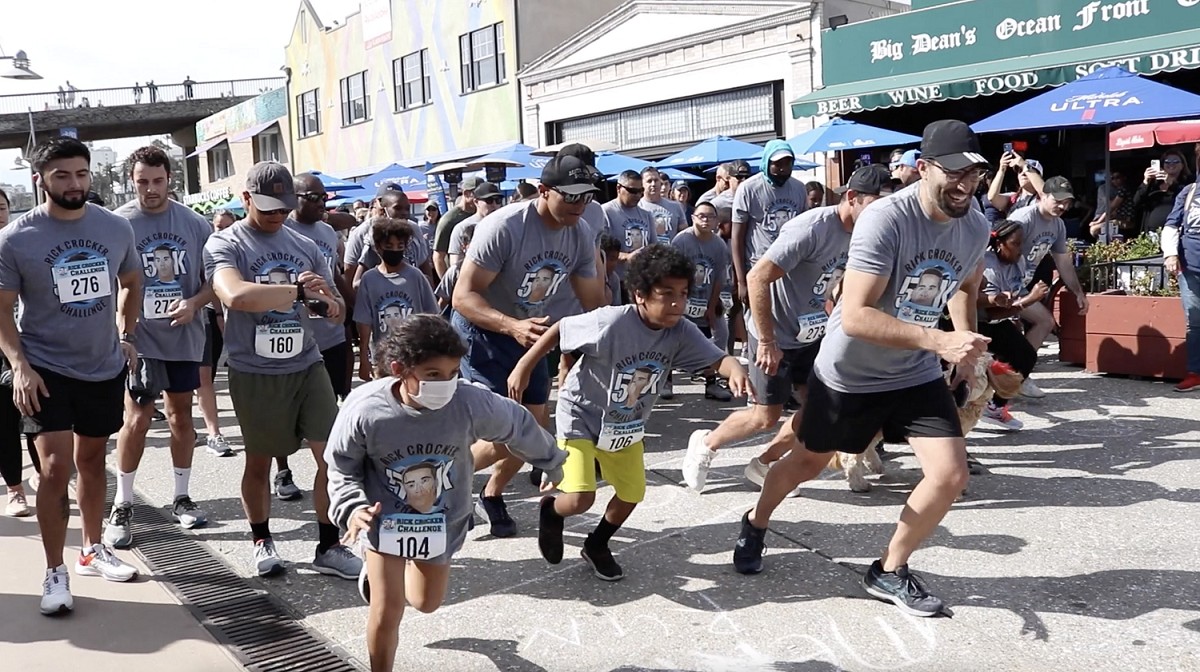Walt Whitman heard America singing. In a far less poetic manner over the last few weeks, Americans heard the Internet squeaking. It was the kind of sound produced by any unpleasant friction; say for example, a hurried and insensitive farmer milking a cow that isn’t quite ready to give.
Do I have this right? Entertainment conglomerates were all for YouTube when it was a punk indy upstart that gave clips of their corporate entertainment products (old sitcoms especially) a kind of offbeat Internet street cred. Hello, DVD sales. Then Google bought YouTube for a gazillion dollars, and almost immediately Viacom sued for more than $1 billion claiming damages from copyright infringements. That paperwork probably begins with the salutation, “Dear New Deep Pocket Owners…”
Then last week NBC Universal and News Corporation announced that they are building a video clip portal. Its simple goal: Global Internet conquest. As The New York Times reported, “The venture…was announced after it secured distribution deals with AOL, Yahoo, MSN and MySpace, four of the most popular destinations on the Internet. For undisclosed terms, those sites will feature the latest video fare from the media companies as well as shows from their TV and film libraries for viewing on a free basis supported by advertising. Visitors to the site will also be able to edit the content and post their own videos, a popular feature of other online video sites.”
It’s inevitable that initially humble sites offering what we might call free video folk art – short form video produced by friends in basements and coffee shops – are then appropriated by larger concerns looking to turn a people’s medium into revenue. What’s new is the alarming speed at which corporations ingest anything giving off a pulse on the Internet. And yet, I think I see a STOP sign up ahead.
There’s a stand-off in the making if citizen producers of free content start to feel used by corporate site owners. Up until now, there was a kind of trade in place: I make a wacky short video and then surrender it to a site where it becomes free content. In exchange, I get a kind of quickly dissipating fame and maybe somebody wants to have a meeting about real projects for pay in corporate entertainment. Success, money, deals.
But if generating free content for large corporate sites becomes the sole end game for that content and its upstart producers, then there’s only some fleeting notoriety… and getting yoinked. Consider the ramifications of a “Stop Giving Them Your Content Free” movement.
That kind of revolution won’t grab everybody. Remember all those parents who happily submitted tape of their children falling off of bicycles and swing sets for a shot to be on America’s Funniest (Home Injury) Videos? And there’s also a trend toward filtering folk art videos by sites that offer to pay the video makers for better, funnier content. I visited one of those sites last week that offered “premium short entertainment.” The very first video selected at random showed a workplace lunch conversation involving screaming, the definition of sodomy, inserting food in one’s rectum and, of course, orgasms. But then, you don’t go to these sites looking for C-Span clips of John Updike addressing “The Art of the Novel.” By the way, where are those Updike clips on the Internet?
It would be sour and simplistic to grouse that the future of the Internet is merely free folk banality morphing into corporate controlled banality. In fact, it is that very confluence that creates a great opportunity to reclaim the Internet.
Initially, YouTube grew to monster size because the majority of its content was not traditional corporate entertainment product. Now new, non-corporate sites can experience growth and push the Internet to a better place by repeating that template. When corporate site content becomes broad and dim-witted, wrapped in Budweiser ads, non-corporate sites can offer sharp alternative content that sets a higher bar. And if doing so creates a financial crisis, non-corporate sites can run videos of Yanni and the Celtic Women in concert and then appeal for pledges in between the songs. Just don’t do that so often that your audience starts to hear a squeaking sound…












